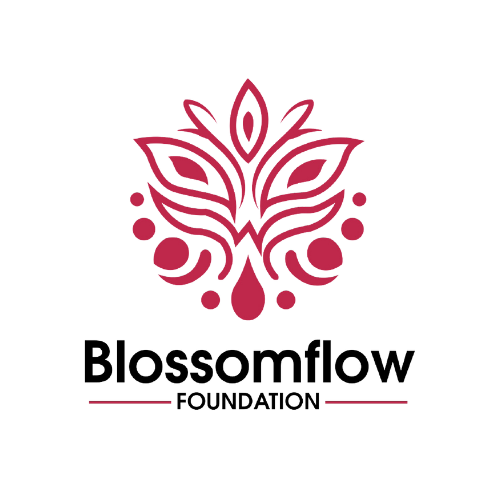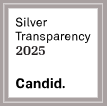
Advancing Women’s Health: Combating Period Poverty and Enhancing Family Planning
In Nigeria, millions of women and girls face significant challenges in managing their reproductive health due to period poverty and limited access to family planning services. These issues are deeply interconnected, affecting women’s autonomy, health, and socio-economic opportunities. This blog delves into the intersection of period poverty and family planning, examining their combined impact on women’s health and exploring integrated solutions to bridge these gaps.
Understanding Period Poverty in Nigeria
Period poverty refers to the lack of access to menstrual hygiene products, education, and sanitation facilities. In Nigeria, this issue affects an estimated 37 million women and girls, compelling many to resort to unsafe alternatives like rags, leaves, or newspaper .
The consequences of period poverty are far-reaching. Girls often miss school during their menstrual cycles, leading to decreased academic performance and higher dropout rates. Women may miss work, affecting their income and economic stability. Additionally, the use of unsanitary materials increases the risk of infections, posing serious health concerns.
The Role of Family Planning in Women’s Health
Family planning is crucial for empowering women to make informed decisions about their reproductive health. It enables them to determine the number and spacing of their children, which can lead to improved health outcomes and Socio-economic benefits.
Despite its importance, access to family planning services in Nigeria remains limited. The modern contraceptive prevalence rate (mCPR) is targeted to reach 27% by 2024, yet current usage rates are significantly lower . Barriers include cultural and religious beliefs, lack of education, and inadequate healthcare infrastructure. These challenges contribute to high fertility rates, particularly in rural areas, and increased maternal and child health risks.
The Intersection of Period Poverty and Family Planning
Period poverty and limited access to family planning are not isolated issues; they intersect in ways that compound their effects on women’s health.
- Contraceptive Access: Women experiencing period poverty may also lack access to contraceptives, leading to unintended pregnancies and associated health risks.
- Menstrual Tracking: Without proper menstrual hygiene products and education, women may struggle to track their cycles accurately, making it difficult to utilize fertility awareness methods for family planning.
- Informed Decisions: The stigma surrounding menstruation and reproductive health can hinder open discussions and education, preventing women from making informed choices about their reproductive health.
Addressing these interconnected issues requires integrated approaches that consider the holistic needs of women.
Strategies for Integration and Improvement
To effectively combat period poverty and enhance family planning, a multifaceted approach is necessary:
- Policy Implementation: Governments should enact policies that provide free or subsidized menstrual products and ensure the availability of family planning services.
- Education and Awareness: Comprehensive sexual and reproductive health education can break down stigmas and empower women with knowledge about their bodies and health options.
- Community Engagement: Involving community leaders and organizations can foster supportive environments for discussing and addressing reproductive health issues.
- Healthcare Infrastructure: Improving healthcare facilities and training providers to offer integrated services can enhance access and quality of care.
Conclusion
Advancing women’s health in Nigeria necessitates a concerted effort to address both period poverty and family planning. By recognizing the intersection of these issues and implementing integrated solutions, we can empower women, improve health outcomes, and promote gender equality. Stakeholders, including governments, NGOs, and communities, must collaborate to create sustainable change.
FAQs
Q1: What is period poverty?
A1: Period poverty is the lack of access to menstrual hygiene products, education, and sanitation facilities, affecting women’s ability to manage menstruation safely and with dignity.
Q2: How does family planning improve women’s health?
A2: Family planning allows women to control the timing and spacing of pregnancies, reducing health risks and enabling better socio-economic opportunities.
Q3: Why integrate period poverty solutions with family planning services?
A3: Integrating these services addresses overlapping challenges, improves efficiency, and enhances overall reproductive health outcomes for women.
Q4: What are effective strategies to combat period poverty in Nigeria?
A4: Strategies include policy reforms, education programs, community engagement, and improving access to affordable menstrual products.
Q5: How can individuals contribute to advancing women’s health in Nigeria?
A5: Individuals can support NGOs, participate in awareness campaigns, and advocate for policies that promote menstrual equity and reproductive health services.
All Categories
Recent Posts
Why SDG 4 Cannot Be Achieved Without Ending Period Poverty
Tags
Give them a helping hand
Every donation fuels our mission to combat period poverty. Your generosity brings us closer to menstrual equity.
+234-909-482-1642
inquiries@blossomflow.org




